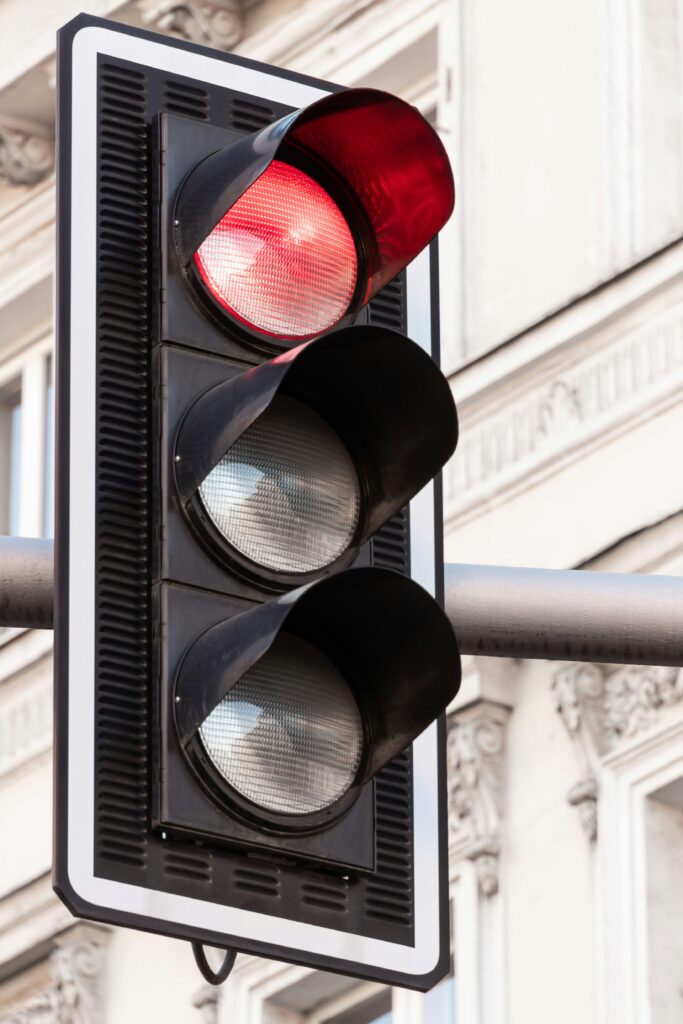I was recently driving down a busy street in our city and came up to a light that had turned yellow. Instead of driving through the yellow light, I tapped the brakes and stopped as the light turned red. However, the car next to me went through the yellow light and made it in the nick of time.
As I sat there waiting, my mind turned to my behavior. Why did I stop? I don’t always stop when the light turns yellow, so why did I stop this time? I also began to wonder about red light cameras and their effectiveness. The presence of a red light camera influences my behavior as I don’t want to pay for an unnecessary ticket. But I often don’t even realize there’s a red light camera until it is too late. So, how effective are they?
Like any punitive measure, one has to wonder what the real motive behind red light cameras is. Is it truly safety? Or is it to generate revenue? And would something else be more effective in creating safer driving conditions? What if, for example, instead of a ticket for people who go through red lights, people who slow down were given some kind of reward?
Imagine a letter coming in the mail: “Congratulations, because you practiced safe driving on April 23rd, you are being entered into a drawing for a $500 Amazon gift card. Thank you for being a safe driver!” Would such a letter be more effective in influencing you to slow down at intersections?
The more I thought about this, the more my mind turned to what we do at Hoffer Plastics. How many “red light cameras” do we have? How often are we only looking to catch people doing something wrong instead of looking for things they are doing to keep people safe or make things better?
This was a humbling thought.
What if, on the other hand, we started looking for things people were doing well?
Catch Them Doing Things Well
For example, what if a camera caught someone following a safety procedure? What if we could go up to that person and thank them?
Or, what if we saw somebody being a good teammate? What if a company leader went to that person and handed them a gift card to treat some of their teammates to lunch? What kind of difference would that make?
Finally, what if we observed someone picking up a part on the floor or sweeping a mess? What if we smiled and affirmed how valuable this was to our business and the cleanliness of our facility? What difference would that make?
I’ve come to discover that catching people doing things well and encouraging them changes cultures more deeply than punitive measures.
And If I’m really honest, getting recognition for stopping at a red light would improve my driving more than the threat of a red light ticket…

